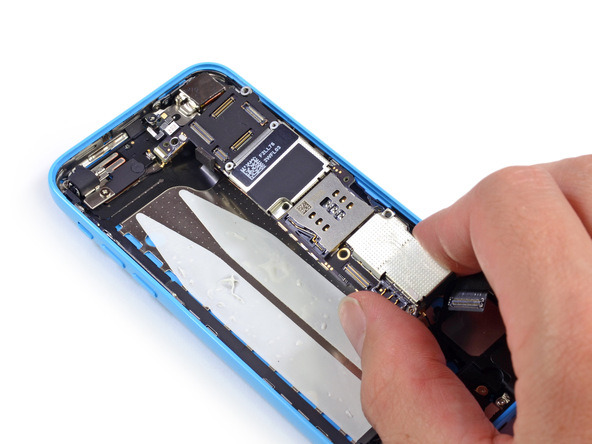The FBI may be entitled to keep secret the technique it used to break into the iPhone of San Bernardino shooter Syed Farook, as a result of a special White House group designed to review digital security flaws uncovered by federal agencies.

The group, set up under the Obama administration, is nominally supposed to disclose any vulnerabilities "unless there is a clear national security or law enforcement need," Reuters noted on Thursday, quoting the Office of the Director of National Security. That could allow the FBI's technique to be protected in a review, especially since it might conceivably be applied in other criminal/terrorist investigations. Making it public could let people devise a way of guarding against it.
The method might also survive review if it demands physical access to a device. If NAND mirroring is being used, as speculated, it poses little threat to Internet security, which is normally the special group's focus.
Although the FBI might be able to avoid a review entirely if it used a contractor's proprietary technology -- Israel's Cellebrite has been named as an assisting outside party -- the significance of the vulnerability is expected to make it subject to scrutiny.
Apple repeated its view to Reuters that it would like the government to supply information about its unlock technique. The company might use that information to bolster security in future products, though the Secure Enclave used in devices like the iPhone 6 and 6s already makes Apple's hardware more difficult to hack than Farook's iPhone 5c.


